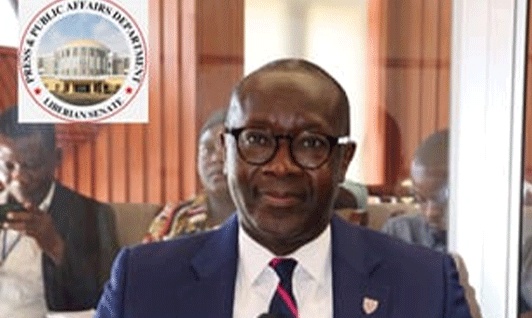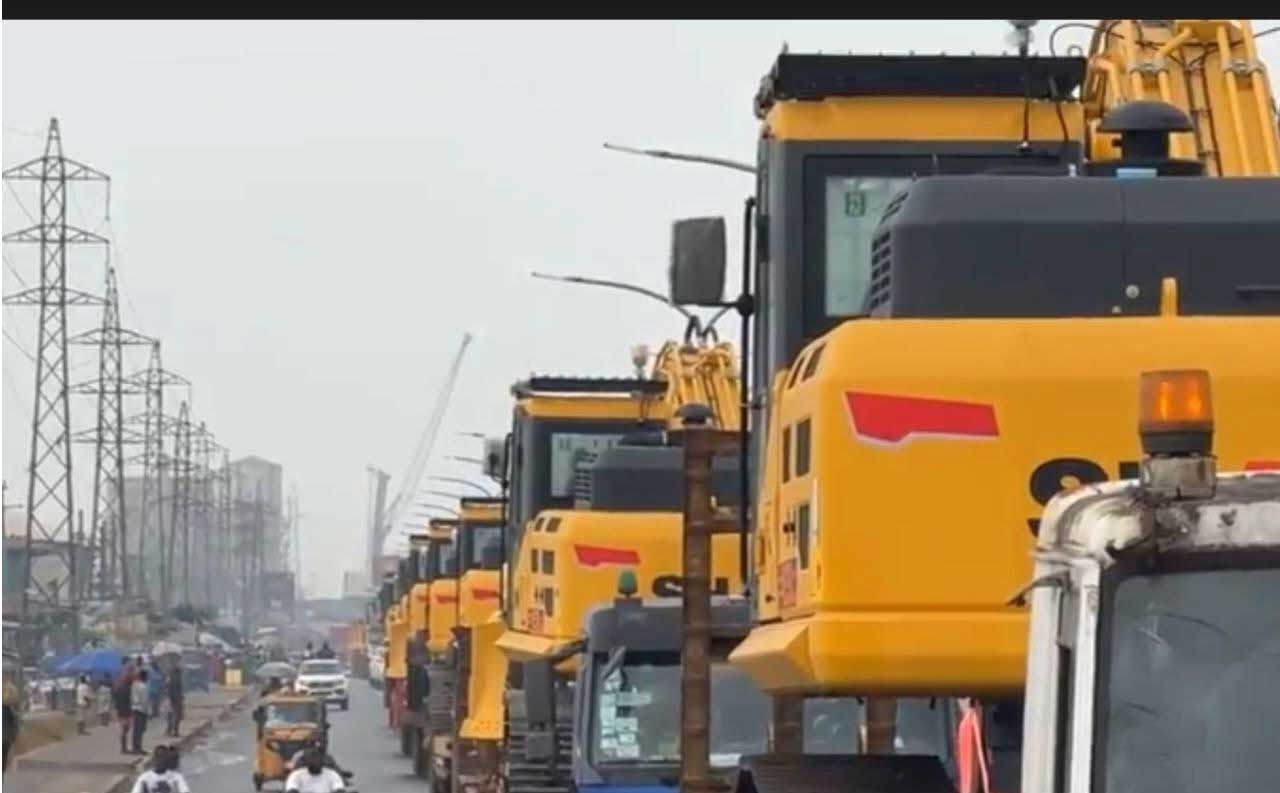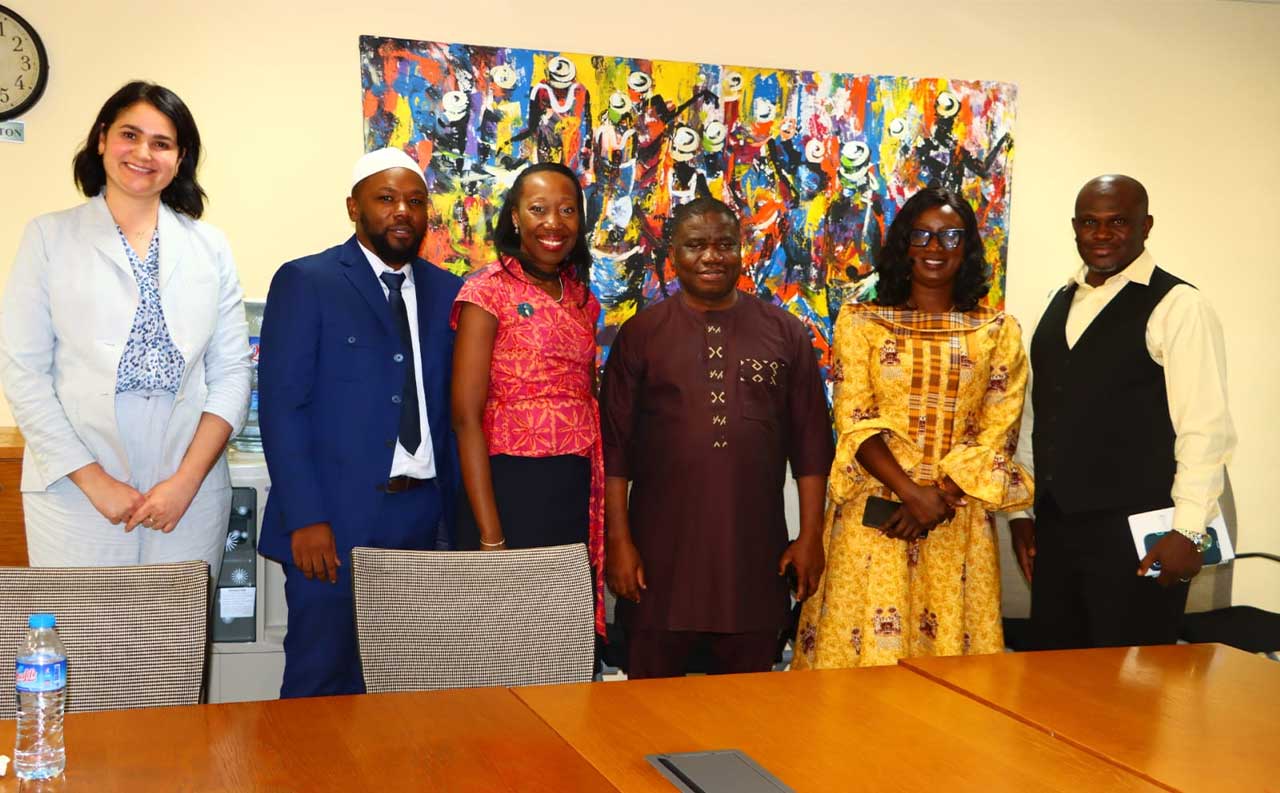Gbarpolu County Senator Amara Konneh has disclosed that Executive Order #151 is not a ban on rubber export. Senator Konneh, in a Facebook post, said the Executive Order is a forward-looking policy prioritizing domestic value addition, transparency, and economic resilience.
He said restructuring how they manage rubber exports lays the groundwork for domestic industrial growth and job creation. “I support this effort and urge all stakeholders to collaborate to ensure its successful implementation. EO 151 is a strategic shift toward building a diversified economy that hopefully generates additional revenues and creates plenty of jobs for Liberians,” he said.
He said President Joseph Boakai and his government use fiscal tools like a 4% presumptive tax, Rubber Development Fund’s (RFDI) fees, and a $150/metric ton surcharge on raw rubber exports to promote local processing and add value to the sector.
Gbarpolu County Senator said exporters who process rubber domestically are exempt from those taxes, fees, and surcharges, while those who export raw rubber must navigate a rigorous fiscal and permit framework. “By leveraging fiscal tools like the 4% presumptive tax, RDFI fees, and post-export income taxation, EO 151 is not just regulating exports; it’s restructuring incentives to favor domestic transformation of rubber (value addition). This contrasts with EO 124, which focused on enforcing rules to address challenges like theft, illegal trade, and neglect in the rubber sector,” he noted.
He further said restricting raw material exports can offer both benefits and drawbacks, as well as protect domestic industries and resources. Konneh also noted that restricting raw material exports potentially harms international trade volumes, which could negatively affect Liberia’s trade deficit and economic growth, thus leading to unintended consequences.
He indicated that the success of Executive Order #151 will depend on its practical implementation and a deliberate strategy to incentivize local firms to move up the value chain from raw latex to semi-finished products and ultimately to finished goods.
“This is how we ensure that the rubber sector becomes a true engine of industrial growth, job creation, and fiscal resilience. I urge the administration to ensure inclusive implementation through tighter coordination and to protect smallholder farmers’ interests, which are vital to the sector’s sustainability and equitable growth,” he said.



